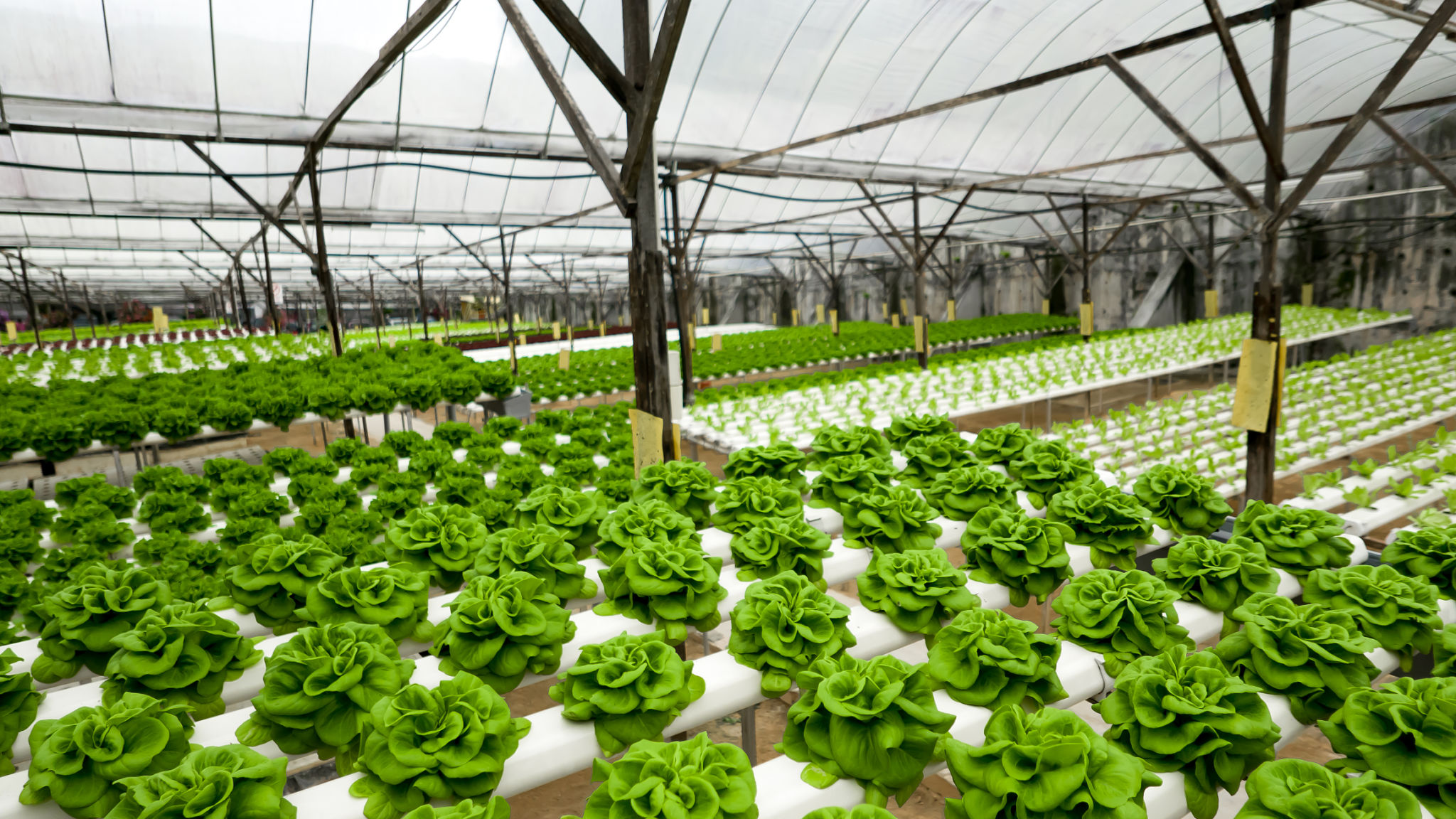How Climate Controlled Farming is Revolutionizing Year-Round Crop Production
Understanding Climate Controlled Farming
Climate controlled farming is a revolutionary agricultural approach that leverages technology to maintain optimal growing conditions for crops, regardless of external weather conditions. By using advanced systems such as hydroponics, aeroponics, and indoor vertical farms, farmers can produce crops year-round with increased efficiency and reliability.

This method of farming is becoming increasingly significant in an era where climate change is impacting traditional agriculture. By controlling the environmental factors such as temperature, humidity, and light, farmers can ensure their crops are not affected by unexpected frosts, heatwaves, or other adverse weather events.
Key Technologies in Climate Controlled Farming
The core technologies that enable climate controlled farming include:
- Hydroponics: A method of growing plants without soil, using mineral nutrient solutions in a water solvent.
- Aeroponics: Involves growing plants in an air or mist environment without the use of soil or an aggregate medium.
- Vertical Farming: The practice of producing food on vertically inclined surfaces, maximizing space utilization.

These technologies not only allow for precise control over the growing environment but also enhance water and nutrient efficiency. As a result, climate controlled farming can significantly reduce the resources required for crop production.
Benefits of Year-Round Crop Production
One of the most significant advantages of climate controlled farming is the ability to produce crops continuously throughout the year. This constant production cycle alleviates the pressure on supply chains and helps stabilize food prices. Additionally, it reduces the dependency on seasonal crops, providing a more consistent food supply.

Year-round production also allows farmers to respond more swiftly to market demands, leading to less waste and better economic outcomes. By eliminating the seasonal gaps in production, farmers can plan more effectively and optimize their outputs for maximum profitability.
Environmental Impact and Sustainability
Climate controlled farming offers significant environmental benefits. By using controlled environments, this farming method drastically reduces water usage and minimizes the need for pesticides and herbicides. Furthermore, because it often occurs indoors or in greenhouses, this approach can significantly reduce land use.
Moreover, many climate controlled systems are designed to be energy-efficient, utilizing renewable energy sources like solar panels or wind turbines. This focus on sustainability is crucial as the world seeks to reduce its carbon footprint and mitigate the impacts of climate change.
The Future of Agriculture
As technology continues to advance, climate controlled farming will likely become an integral part of global agriculture. The potential for these systems to be implemented in urban areas could revolutionize how cities supply food to their populations, reducing transportation emissions and providing fresher produce.
Ultimately, embracing these innovative farming methods could play a crucial role in ensuring global food security amidst a rapidly changing climate. With ongoing research and investment, climate controlled farming stands poised to redefine agricultural practices around the world.